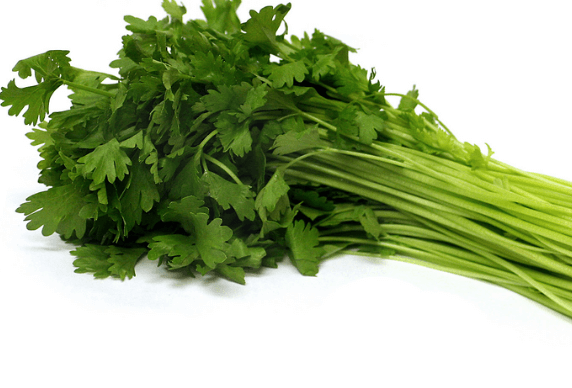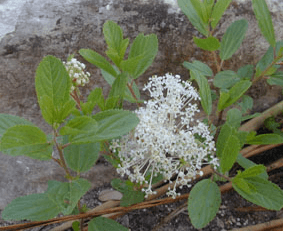Cough
Definition:
Cough: A rapid expulsion of air from the lungs, typically in order to clear the lung airways of fluids, mucus, or other material. Also known as tussis.
Signs & Symptoms:
A chronic cough can occur with other signs and symptoms, which may include:
A runny or stuffy nose
A feeling of liquid running down the back of your throat (postnasal drip)
Frequent throat clearing and sore throat
Hoarseness
Wheezing and shortness of breath
Heartburn or a sour taste in your mouth
In rare cases, coughing up blood
Cause:
An occasional cough is normal it helps clear irritants and secretions from your lungs and prevents infection.
However, a cough that persists for weeks is usually the result of a medical problem. In many cases, more than one cause is involved.
The following causes, alone or in combination, are responsible for the majority of cases of chronic cough:
Postnasal drip. When your nose or sinuses produce extra mucus, it can drip down the back of your throat and trigger your cough reflex. This condition is also called upper airway cough syndrome (UACS).
Asthma. An asthma-related cough may come and go with the seasons, appear after an upper respiratory tract infection, or become worse when you’re exposed to cold air or certain chemicals or fragrances. In one type of asthma (cough-variant asthma), a cough is the main symptom.
Gastroesophageal reflux disease (GERD). In this common condition, stomach acid flows back into the tube that connects your stomach and throat (esophagus). The constant irritation can lead to chronic coughing. The coughing, in turn, worsens GERD a vicious cycle.
Infections. A cough can linger long after other symptoms of pneumonia, flu, a cold or other infection of the upper respiratory tract have gone away. A common but under-recognized cause of a chronic cough in adults is pertussis, also known as whooping cough.
Blood pressure drugs. Angiotensin-converting enzyme (ACE) inhibitors, which are commonly prescribed for high blood pressure and heart failure, are known to cause chronic cough in some people.
Chronic bronchitis. This long-standing inflammation of your major airways (bronchial tubes) can cause a cough that brings up colored sputum. Most people with chronic bronchitis are current or former smokers. Chronic bronchitis is usually part of the spectrum of smoking-related lung disease called chronic obstructive pulmonary disease (COPD). Emphysema is also incorporated under this term, and chronic bronchitis and emphysema often coexist in current or former smokers with COPD.
How To Cure:
- Gargle Salt Water
Also a popular remedy for sore throats, salt water can ease the discomfort caused by a cough the same way it helps a sore throat-through osmosis. When the concentration of salt is higher outside of the cells in your mucous membranes, water flows out of the cells to balance everything out. When water leaves the cells, swelling goes down, and discomfort is decreased. If you have a cough that happens to come along with inflamed tissue, this is a good route to take. It can also help dislodge any phlegm thats hanging out and allow you to expel it easily.
You will need
1 teaspoon of salt
8 ounces of warm water
Directions
Stir salt into water until it is thoroughly dissolved. Gargle for 15 seconds, spit, and repeat with the remaining water. Rinse with plain water afterwards.
- Pepper & Honey
Black pepper is the world’s most traded spice, but most of its use is limited to the culinary world. What people don’t know is that it can make a great remedy for coughs that are accompanied by a lot of mucous or chest congestion. If you’ve accidently leaned too close to black pepper while it’s being grinded, you know it can make you cough or tickle your nose. This may not be fun on a regular basis, but it’s a plus if you need to expel all the nasty stuff that’s gunking up your lungs. The honey adds its antibacterial properties, and it makes it so the pepper isn’t too irritating. You can make black pepper syrup with honey, or a tea, as below. If possible, use freshly ground black pepper, as the pre-ground pepper simply seems to lose some of its punch.
You will need
1 teaspoon freshly ground black pepper
1 tablespoon of honey
8 ounces of fresh water
Directions
Place the pepper and honey in a mug and then cover with boiling water. Give it stir to disperse the pepper flakes and melt in the honey. Steep for 10 minutes, stir once more, and drink in its entirety. Repeat 1-2 times a day as needed to loosen mucous.
- Ginger Peppermint Syrup
Here you get the soothing qualities of warming ginger, all wrapped up in a delicious easy to swallow cough syrup. Spicy ginger works as an expectorant, helping loosen and expel mucous from the lungs. It can also stop the painful tickle at the back of throat that can trigger a cough if the first place, if you are experiencing a dry cough. The peppermint will also help relieve the irritating tickle of a cough.
You will need
3 tablespoons of chopped ginger
1 tablespoon of dried peppermint
4 cups of water
1 cup of honey
Directions
Chop the ginger and add it along with the peppermint to 4 cups of water. Bring to a boil and then lower the heat so that the liquid simmer. Simmer until the liquid has been reduced by half, than strain. Let it cool slightly, and then stir in 1 cup of honey until it has been dissolved completely. Bottle and take 1 tablespoon every few hours as needed to ease your cough. Keep refrigerated for up to 3 weeks.


